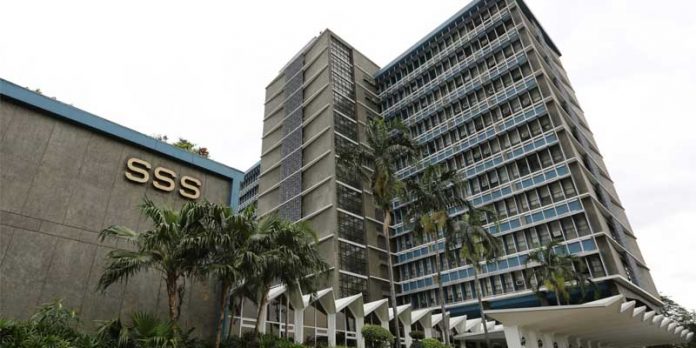
THE state-run Social Security System (SSS) has warned erring employers that they will now face a higher bail bond for violating Republic Act 8282, otherwise known as the Social Security Act of 1997, with the new Department of Justice’s (DOJ) Circular on the 2018 new bail bond guide for violation of special laws.
SSS president and Chief Executive Officer Emmanuel F. Dooc has welcomed the DOJ Circular, which he regarded as one of the measures that will help instill compliance among delinquent employers.
“We appreciate the initiatives of DOJ in releasing the new bail bond guide as this will impose a higher bail to violators of the Social Security law (SS Law). It will make it more difficult for them to run away from their obligations not only to SSS but also to their employees,” Dooc said.
Under the DOJ Department Circular No. 013 released on March 8 this year, the new bail bond for violation of special laws will be computed based on the maximum number of years of imposable penalties multiplied by P6,000.
This would mean that violators of the SS law, which is a special law, will have to pay a bail bond of as high as P72,000, a 33% increase from the previous P24,000.
“Any violation of the Social Security Act has a maximum penalty of 12 years per accused. If we multiply that with P6,000, it is equated with a huge amount of money and employers will think twice whether they will disobey the law or not,” Dooc added.
From January to June 2018, SSS has filed 1,499 employer delinquency cases with total collectibles amounting to P3.85 billion.
Among the common violations committed by employers are non-registration of their establishments, non-reporting of employees including household employees, and non-remittance/under-remittance of their employees’ social security contributions and non-remittance of deducted loan amortization repayments.
“We hope that with the increased bail bond set by DOJ, employers would strictly obey the SS Act to avoid additional financial distress from paying a huge amount of bail bond to secure their temporary liberty during the pendency of their cases,” Dooc concluded./PN







